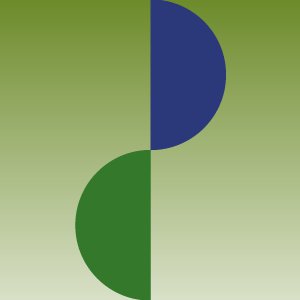Breast Milk
How Breast Milk Affects Babies’ Gut Microbes Differently than Formula
When feeding baby, breast is always best. A recent study shows that both breast milk and formula encourage the growth of similar types of gut microbes, but the bacteria from the 2 forms of food work differently. [1]
How those differences affect a child’s health are unclear, however.
#MorningMonarchy: July 11, 2018
Shaky opinions, terrible decisions and 14,000 photos of cake + this day in history w/Lars vs. Napster and our song of the day by M. Ward on your Morning Monarchy for July 11, 2018.
Years Before Vietnam, the Chemical Industry Knew About Dioxins
Petra Sorge (BuzzFeed Contributor) On 17 November 1953 a catastrophic accident took place at a German chemical plant owned by BASF (Badische Anilin und Soda-Fabrik). Production went badly out of control and dozens of workers ...
Breastfeeding: A Natural Way to Prevent Endometrial Cancer
Endometrial cancer, otherwise known as uterine cancer, is the fourth most common cancer in women in high-income countries, including the United States, Canada, and Australia. There’s no shortage of things you shouldn’t do if you want to avoid cancer, such as using tobacco or drinking alcohol. As some research points out, another thing women can do to lower their risk of endometrial cancer is to breastfeed their babies.
Chemicals Banned in Kids’ Toys Found in Mac and Cheese
Boxed macaroni and cheese is often a favorite food among youngsters, but a recent study suggests the packaged food contains dangerous, endocrine-disrupting chemicals that have been banned in toys: phthalates. [1]
Phthalates are a group of toxic additives in plastics. They’re used to make plastics soft and flexible, and are commonly found in artificial fragrances, inks, coatings, adhesives, and other consumer and industrial products, the National Resources Defense Council (NRDC) explains.
Environmental Working Group Releases its 2017 Guide to Sunscreens
If you’re planning to spend summer days by the pool or beach-side, you’ll likely reach for a bottle of sunscreen to prevent you from becoming red and crispy. These products are not all created equal, however, and it can be difficult to know what to purchase when you’re staring at the multitude of options available at the supermarket. Thankfully, the Environmental Working Group (EWG) has put out a list of the best and worst sunscreens every year since 2007 to help you decide.
Raw Milk Overpowers Conventional Milk in Reducing Risk of Numerous Infections
Whether raw milk is safe to drink has been a controversial issue for many years, particularly in countries with more nanny-state tendencies. However, a study published in early 2015 showed that babies given raw cow’s milk instead of ultra-high temperature (UHT) processed formula actually had a reduced risk of common infections, such as colds and ear infections.
Breastfeeding Within First Hour of Life is Vital, Lowers Death Risk
The UN says that babies who are not breastfed within the first 23 hours of being born are at a 40% increased risk of premature death – within their first 28 days. Children whose first breast feed is over 24 hours after their birth may increase their mortality risk in their first month by up to 80%.
Antibiotic Made from Component of Breast Milk Kills Bacteria at Warp Speed
Scientists announced recently they’ve developed an antibiotic from a fragment of a protein found in human breast milk, and they believe it could be the solution to drug-resistant superbugs. [1]
Antibiotic resistance threatens to send medicine back to the Dark Ages. Imagine a world in which illnesses that used to be easily treated with antibiotics kill scores of people with impunity. Picture developing an infection after surgery and there is virtually no drug to treat it.
Pagination
- Page 1
- Next page



